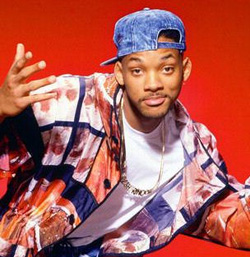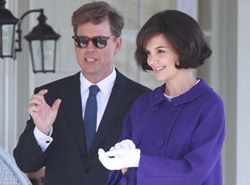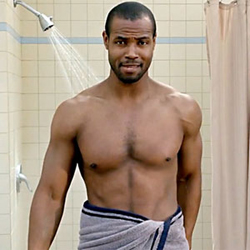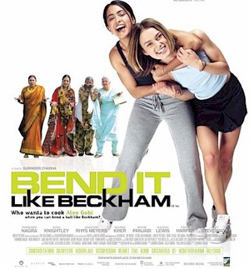Any discussion of the representation of women in the media cannot ignore the ‘pornification’ of the images that bombard us daily. From bootilicious hip-hop music videos to American Apparel underwear ads to glossy magazine photoshoots of actresses, it seems the porn aesthetic is king. How did this come to be acceptable in mainstream culture?
Dines’ thoughtful and sobering book examines how easy internet access means that teenage boys, as never before, develop a sexual identity configured by the vast amount of porn they consume before they have any real world sexual experience. When they finally get down to getting it on, they ape the attitudes and moves of the porn stars they have seen in action, and judge encounters by orgasmic satisfaction rather than intimacy or emotional connection. This creates a prevailing habit of hookups – wham, bam, if-you’re-lucky-a thank you, ma’am – and an inability to form lasting relationships, as the boys fail to develop the negotiation skills and openness required for an equal sexual partnership.
For their part, teenage girls grow up in the same context, encouraged to think that the only value they have is as a sexualized object. Only if they are attractive, with a body type that reflects a plasticized porn actress, and willing to give sexual satisfaction (without necessarily receiving it return), do they have social value. Yet the old double standard is as viciously in play as ever – while women are expected to maximize their assets in terms of appearance and sexual availability, if they are perceived as participating in too much sex, they are still a slut. Even Hugh Hefner’s “girlfriends” have to pretend to be Girls Next Door.
Given that available pornography is increasingly violent and degrading to women (‘gonzo’ porn), this has harsh implications for our culture. Pornography dehumanizes and objectifies women, reducing them to passive objects who, in order to earn a paycheck, have to appear to be grateful for the amount of abuse their bodies take onscreen. Pornography also deals in racist stereotypes, reinforcing a rigid racial value system that mainstream culture would like to think is outdated. And, most chillingly, legally available pseudo-child porn, where young-looking porn actresses (all of them over eighteen) are made to look even younger through the use of costume, make up and props, often provides a gateway to the real thing for increasingly addicted users. Yet the porn paymasters carefully brand their products as “fun”, “sexy” and “cool”, suggesting that anyone who doesn’t enjoy them is frigid and/or out of touch with the times.
Dines’ very readable book reclaims some of the anti-porn ground from placard-waving religious fanatics. You don’t have to be Jack Thompson to feel uneasy about the way woman-hating violence is so freely available as entertainment.
Dines is part of Stop Porn Culture, who provide some great teaching materials for students over 18.
 Leonardo Di Caprio and Brad Pitt top the A-list partly because they have well-established and efficient production companies of their own (Appian Way and Plan B respectively). This means they have a permanent team whose job it is to find, review and develop screenplays with the sole purpose of generating a suitable lead role for Brad or Leo. This is the best way to ensure that your star vehicles take you to the top.
Leonardo Di Caprio and Brad Pitt top the A-list partly because they have well-established and efficient production companies of their own (Appian Way and Plan B respectively). This means they have a permanent team whose job it is to find, review and develop screenplays with the sole purpose of generating a suitable lead role for Brad or Leo. This is the best way to ensure that your star vehicles take you to the top.




